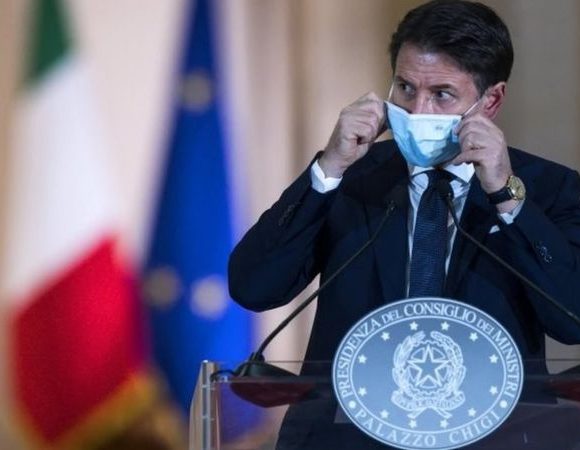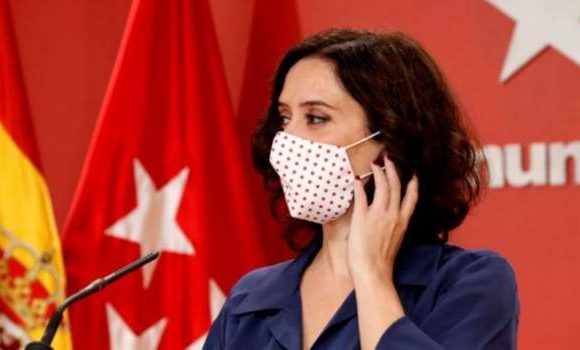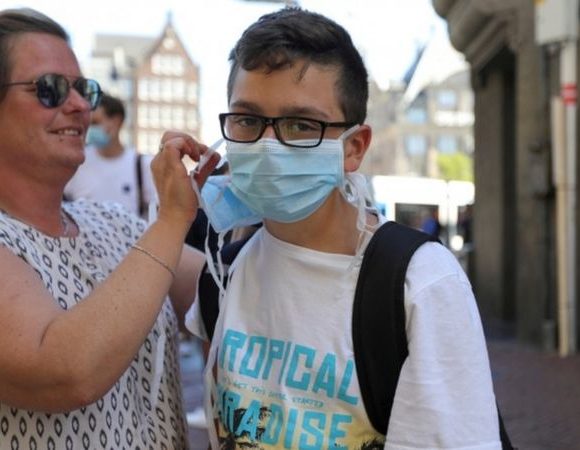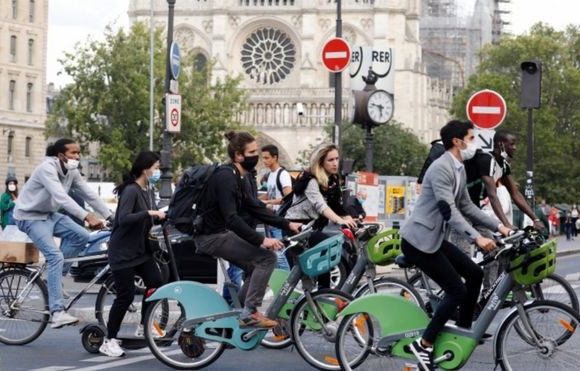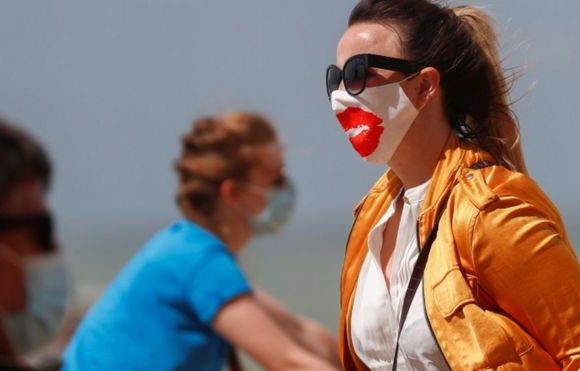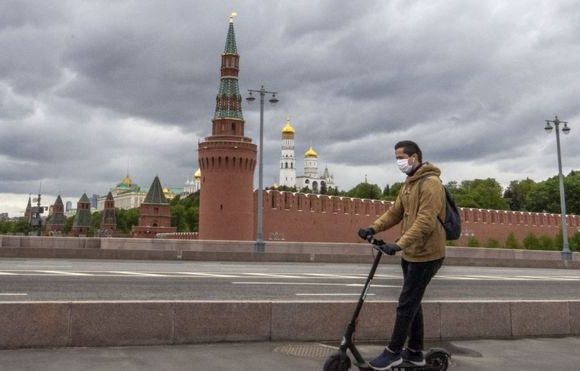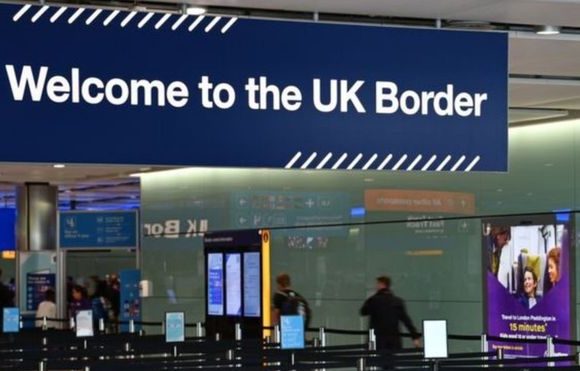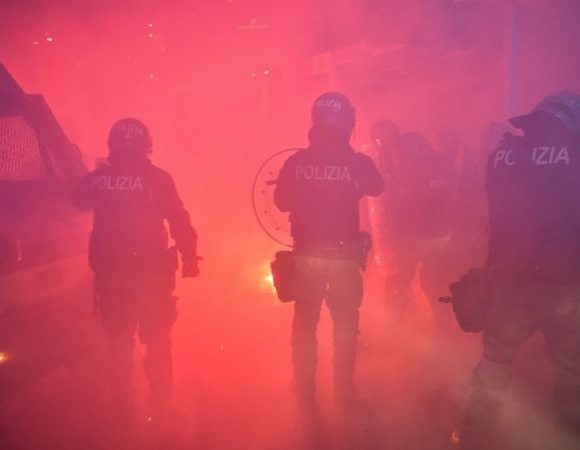
Protests have broken out across the European country of Italy, as the government has decided to reimpose restrictions to prevent the spread of the Covid-19 virus outbreak.
The decision to reimpose restriction was taken shortly after the country had witnessed a spike in the Covid-19 infection rate.
Protesters have clashed with law enforcers in numerous locations across the country.
Protesters have erupted as the country has ordered to close down restaurants, gyms and cinema halls.
Italy is preparing to handle the second wave of the Covid-19 outbreak.
The European country is one of the worst affected countries in the continent of Europe.
The latest measure is part of the country’s attempt to handle the second wave of the Covid-19 outbreak.
It is suspected that protests will spread to other cities in the coming days.
It is high time to find a solution to this crisis.
Photo Courtesy: Google/ images are subject to copyright

